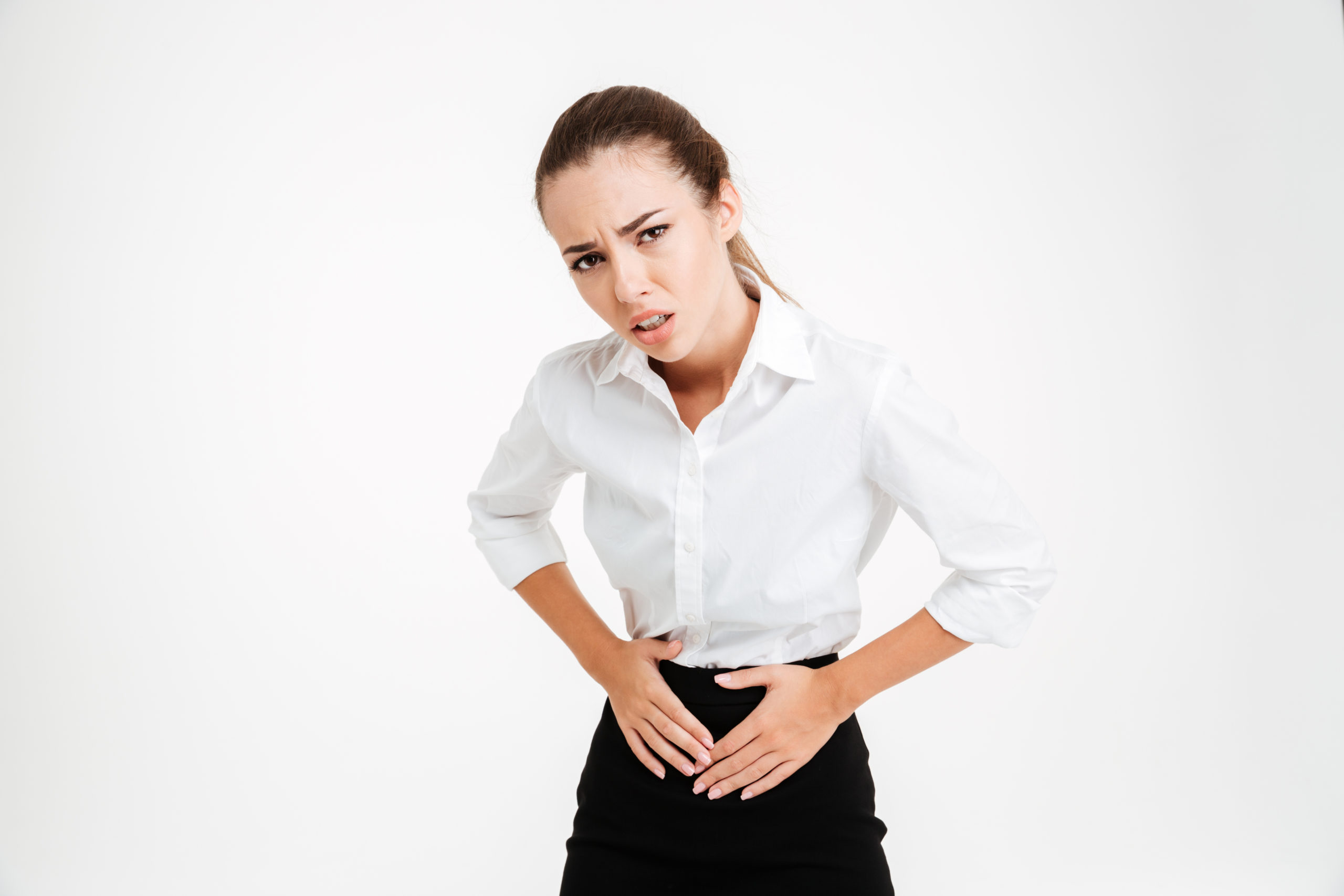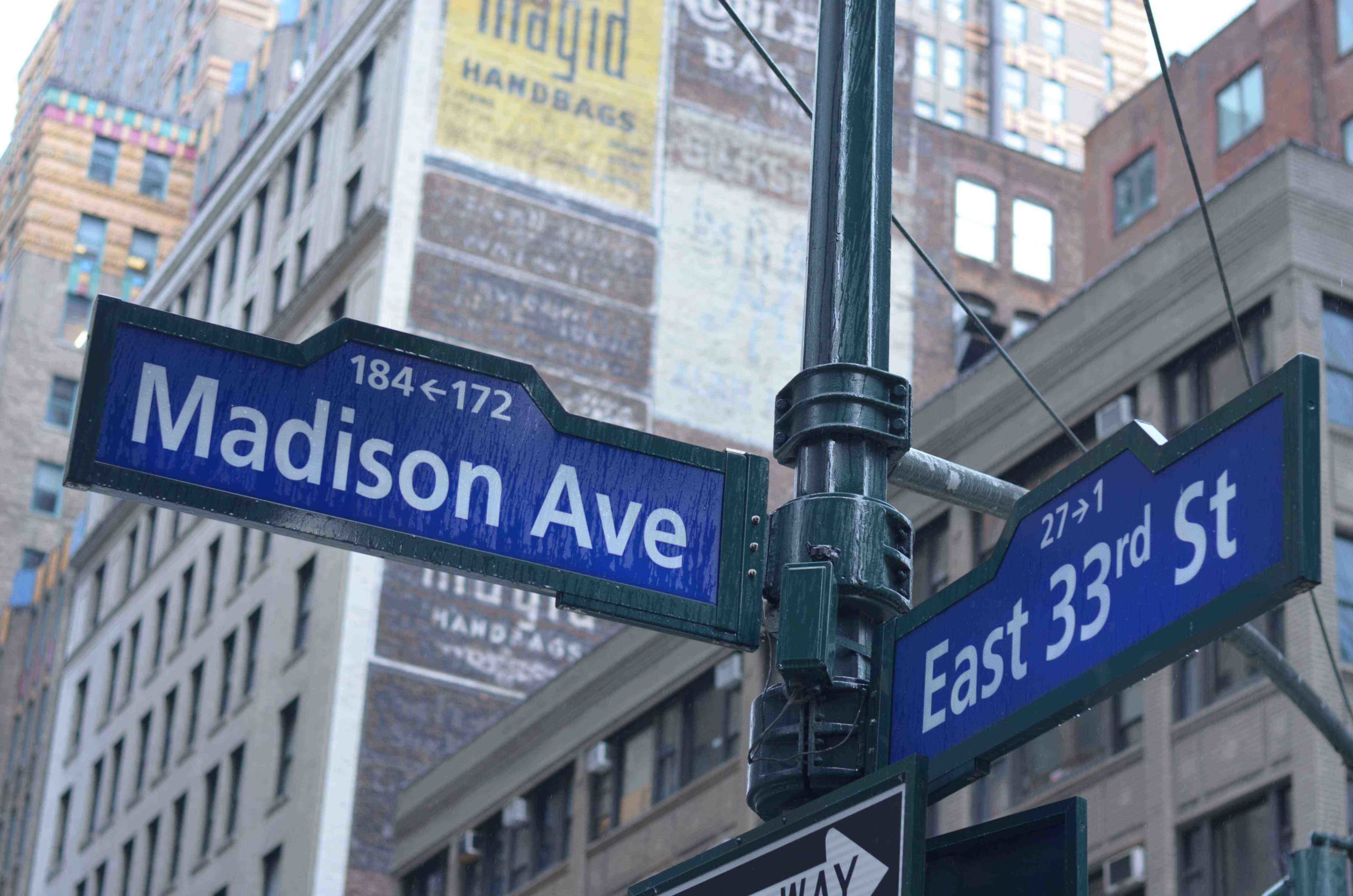
How Frequent Stomach Upset Can Cause Tooth Erosion
Frequent stomach upset can cause a gradual wearing away of the protective enamel on your teeth; a process known as tooth erosion. Our stomach secretes enzymes and acids (hydrochloric) that break down food (digestion) so that nutrients can be absorbed into our bloodstream.
When these caustic fluids go up through our esophagus into our mouth, problems can start to arise. The lining of our throat becomes inflamed and our teeth start to erode.
This condition is known as Gastroesophageal Reflux (GERD). Acid reflux is due to poor closure of the lower esophageal sphincter, which is at the junction of the esophagus and the stomach. This is a long-term, chronic problem, but with proper treatment, symptoms can be mitigated or avoided completely.
Symptoms Of Gastroesophageal Reflux
- Taste of acid in the back of your mouth
- Heartburn
- Bad breath
- Chest pain
- Regurgitation
- Breathing problems
- Coughing
- Teeth wearing away
What Are The Effects Of GERD In The Mouth
- Breakdown of enamel, especially on the inside of the mouth and usually not at the gum line. Sometimes our dentists are the first to diagnose this condition.
- The lingual, inside surface appearance starts to change and starts to look smooth, silky and glazed; and the horizontal growth lines called perikymata disappear.
- The enamel itself wears away which causes teeth to look sharp, pitted and thin.
- Restorations in the tooth stand out above the tooth due to tooth erosion while the restorations are resistant to stomach acid (Hydrochloric Acid).
- Dry mouth (Xerostomia).
- Acid or burning sensation in the mouth.
- Bad breath.
- Redness of the palate or tongue.
- Flooding of the mouth with saliva.
- Chronic cough.
- Hoarse voice.
- Nausea.
- Vomiting.
- Difficulty in swallowing (Dysphagia).
- An increase in dental caries.
22 Tips On How To Prevent Tooth Erosion From Gastroesophageal Reflux
- Good dental care every six months.
- Having proper exams, cleaning and fluoride treatments.
- Treating eroded teeth conservatively, cosmetically with bondings or crowns.
- Wearing a night guard while sleeping to prevent bruxism and acid erosion at night.
- Keep acid reflux under control by losing weight, avoiding alcohol, avoiding acidic foods and not lying down after eating.
- Eat smaller portions of food and keep a regular routine of three meals a day with two snacks.
- Stop smoking.
- Reduce alcohol consumption.
- Sleep with your head area propped up under the mattress.
- Review your diet and avoid acidic foods like soda, citrus fruits, red spicy sauces, chocolate and caffeine.
- Use a straw to protect your teeth from acidic fluids.
- Chew sugar-free gum with Xylitol which will increase saliva flow and protect teeth from acid.
- Wait an hour after eating to brush your teeth so that you don’t rub acid from the food onto the enamel.
- Use a soft toothbrush and brush your teeth 2x daily for 2 minutes each time
- Use non-abrasive fluoride toothpaste (Sensodyne Repair).
- Some studies recommend baking soda toothpaste with fluoride that can be gently placed with fingertips on the inside of the teeth to protect them when going to sleep.
- Use alcohol-free fluoride mouthwash (Act).
- Eat a small piece of cheese or drink a glass of milk at the end of your meal to cancel out any acid from the food.
- Swish your mouth with copious amounts of water right after eating.
- Drink plenty of water throughout the day.
- Take appropriate medications for the reflux i.e. antacid, proton-pump inhibitor (Prevacid, Nexium, Tums, Mylanta).
- Lifestyle changes and stress reduction.
Acid reflux is a treatable disease, 50% of people who have GERD will develop dental symptoms so it is prudent to treat GERD first. If we can prevent regurgitation of acid there will not be any dental problems.
Are You Experiencing Tooth Sensitivity?
It could be from erosion of enamel on the inside of your teeth which is difficult for you to see, so it is important to visit us at 172 NYC Dental for your biannual checkups. It is at these consultations that you may be diagnosed with GERD, without ever knowing that you had it. We are here for you, book your complimentary consultation with 172 NYC Dental today, or call us at 646-921-5541.








